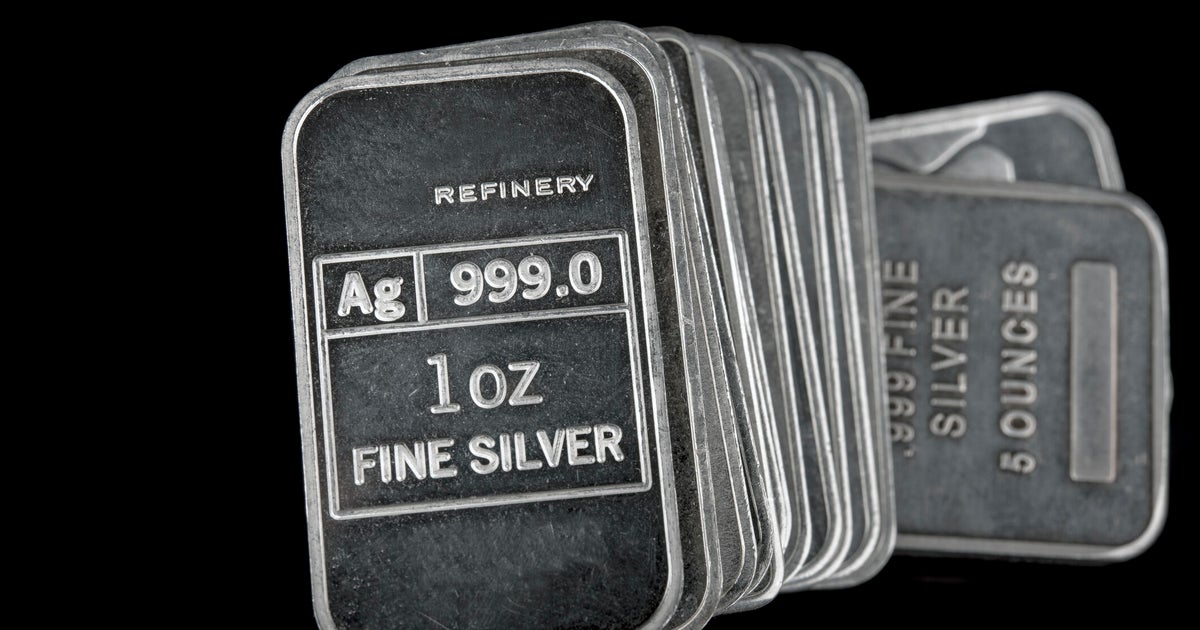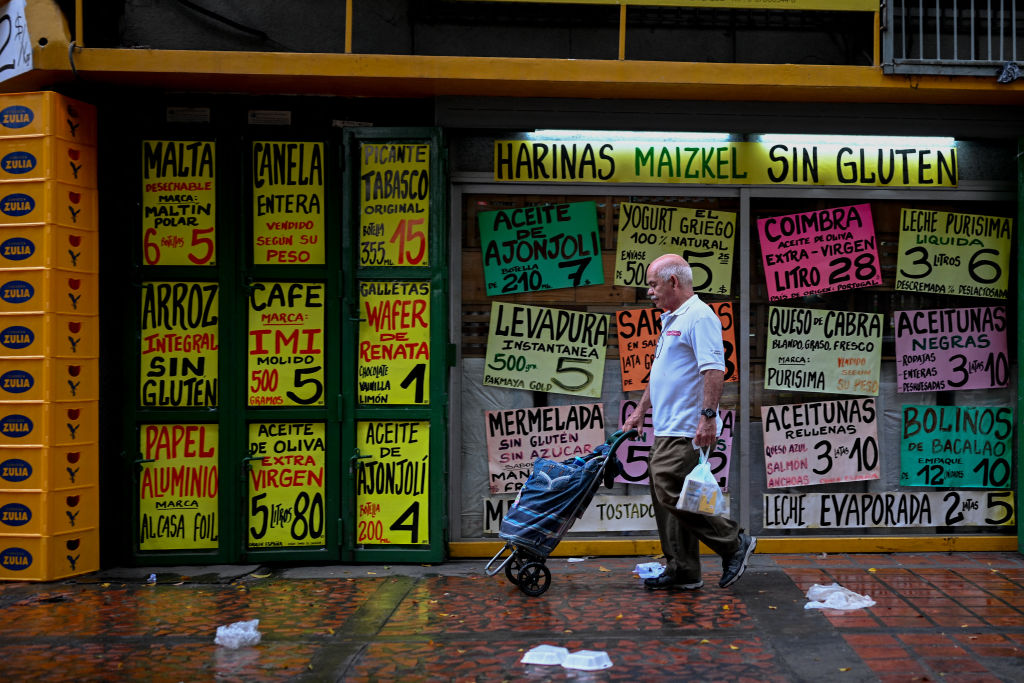Cereal giant Post to buy Britain's iconic Weetabix
American cereal giant Post Holdings (POST) is gobbling up the iconic British brand Weetabix for $1.8 billion, aiming to bolster its brand overseas.
The purchase will put place the British breakfast favorite back into the hands of a cereal company. Post is buying Weetabix from China’s Bright Food Group for 1.4 billion pounds, or $1.8 billion.
Post said on Tuesday that the combination will help its own brands, which include Honey Bunches of Oats and Grape-Nuts, to expand overseas, while allowing for greater distribution of Weetabix and its Barbara’s brand in North America.
The sale comes just five years after Chinese state-owned Bright Food took control of Weetabix in a deal that valued it at 1.2 billion pounds at the time of a major overseas push stretching from Australia to Israel.
The brand has struggled to grow significantly since as cold cereals in Western markets face more competition from breakfast bars, Greek yogurts and fast-food chains. Concerns over the sugar content of some cereals has also hit sales of such products.
The Weetabix brand had global retail sales of $310 million last year, according to Euromonitor International, up only 1.4 percent from 2012, the year Bright Food took control.
In China, which had been key to Bright Food’s purchase, retail sales of cold cereal have nearly doubled over the past five years, but it remains a relatively small category, worth just $933 million according to Euromonitor, as most locals prefer hot breakfasts.
“It’s probably going to be a much better fit with Post,” said Liberum analyst Robert Waldschmidt, noting that there will be cost-savings, and that the brand should benefit from being owned by a company with particular expertise in cereal.
For Bright Food, which makes dairy products, candy and other foodstuffs, the sale does not signal the end of its international ambitions, Shanghai-based Bright spokesman Pan Jianjun said.
“This is a part of our internationalization strategy. Selling assets enables us to better expand. Going forward Bright will stick to our overseas push,” he said.
The sale would give Bright extra firepower should it want to bid for any other food assets currently on the block.
The global packaged food industry is in the midst of a wave of dealmaking, with giants Unilever and Reckitt Benckiser both selling multi-billion-dollar food assets.
Weetabix, which also makes Alpen muesli, is Britain’s second-largest ready-to-eat cereal maker overall, and the 85-year-old Weetabix brand is the nation’s top-selling cereal. Globally it ranks seventh.
Bright Food took control of Weetabix from private equity firm Lion Capital, which had held its stake for over a decade. Baring Private Equity Asia subsequently bought Lion’s remaining stake in 2015.
The latest sale price, 1.4 billion pounds, is about 11.6 times the 120 million pounds of adjusted annual EBITDA (earnings before interest, tax, depreciation and amortization) that Post said Weetabix will contribute before cost savings. It estimates those savings to reach 20 million pounds per year by the third full fiscal year after the deal is completed.
Post, which has its headquarters in St, Louis, said the deal will immediately add to its adjusted operating profit margins and its free cash flow, excluding one-time transaction expenses. It expects to fund the deal with cash on hand and borrowings under its existing credit facility.
Post has agreed in principle to establish a joint venture with Bright Food and Baring to manage the Weetabix China operations.
Post also affirmed its 2017 outlook and reported financial results for the second quarter ended March 31. It posted net sales of $1.25 billion, a net loss of $4 million and adjusted EBITDA of $228 million.
It said it still expects 2017 adjusted EBITDA of $920 million to $950 million, excluding any contribution from Weetabix.



